As newly appointed Philly schools superintendent Tony B. Watlington Sr. prepares to take the helm of the School District of Philadelphia in June, he has talked at length about his background as a teacher—and of the importance of teachers. And he’s right.
Watlington has talked less about the role of parents. But after two years of frustration with the District’s communications during the pandemic—from how to access classes online to how not to start the in-person school year to how to apply for special admit high schools—Watlington has a lot of making up to do.
As this recent poll from A Greater Philadelphia shows, Democratic voters in the city want parents to have more control when it comes to making choices for their children—from opting in to neighborhood schools in other neighborhoods to accessing private education and charters.
This is the latest data analysis from a survey conducted in February by nationally recognized pollsters McLaughlin & Associates and Frederick Polls, as part of civic nonprofit A Greater Philadelphia’s fact-finding mission to inform their goal of building a citywide movement in support of higher expectations, more effective leadership and better governance.
The Citizen is partnering with A Greater Philadelphia to publish the results of the poll. See the first three analyses, about public safety and City Council, here.
![]()
Poll analysis and results from A Greater Philadelphia
Q. Are you satisfied with the quality of schools in your neighborhood?
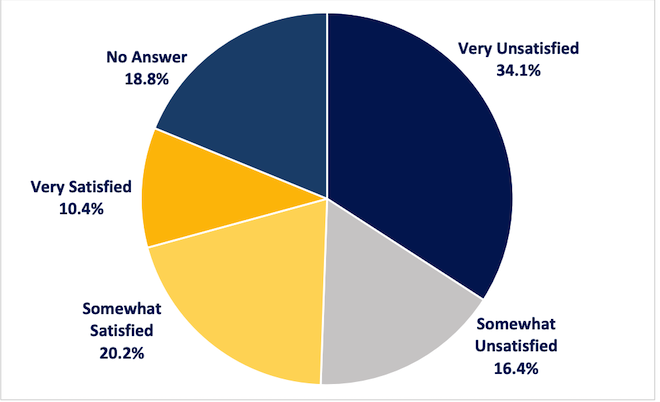
Q. Do you support or oppose the following:
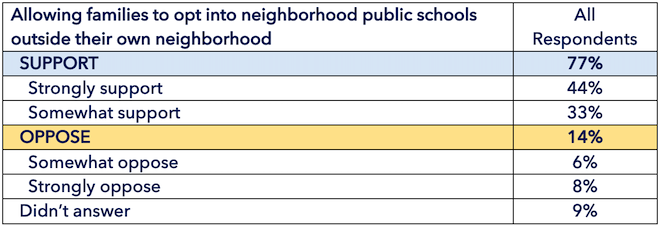
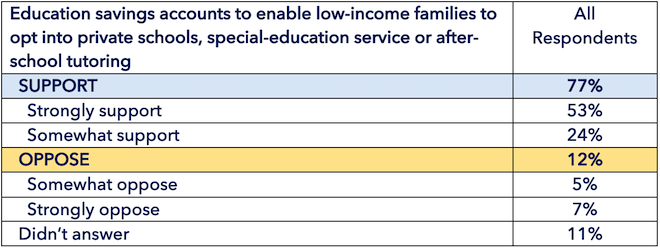
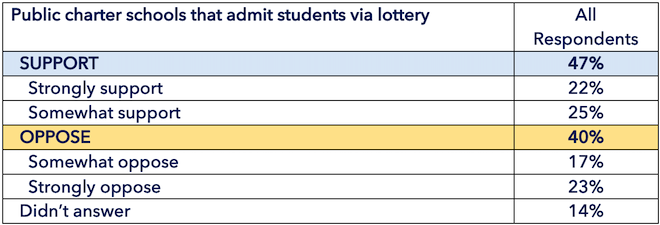
Black and Hispanic respondents are the most unsatisfied with their neighborhood schools — and the most likely to favor various forms of parental choice.
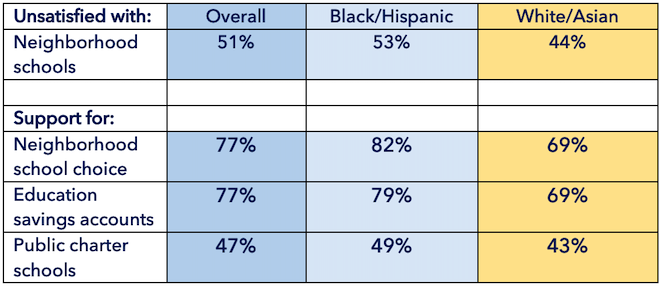
Respondents named the city’s “broken education system” as the No. 1 factor causing poverty in Philadelphia
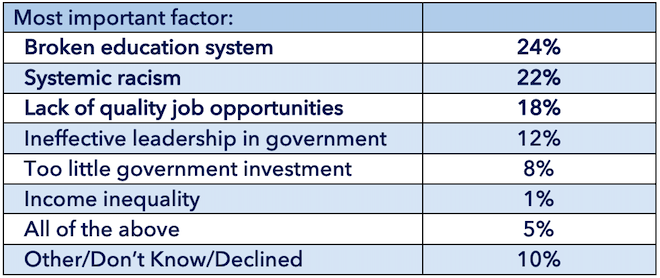
![]() RELATED STORIES ABOUT SCHOOLS FROM THE CITIZEN
RELATED STORIES ABOUT SCHOOLS FROM THE CITIZEN
Guest Commentary: Parents want school choice. Let’s help them get it.
Header photo by Element5 Digital / Unsplash




